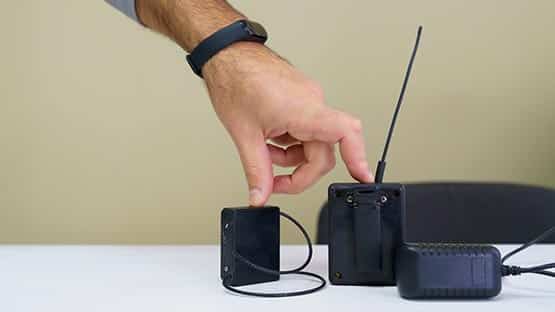
A federal halfway house that contracted with the Federal Bureau of Prisons to house inmates has been found guilty for making false statements and wire fraud.
The former president and director of Secor, Inc., Matthew Castle, 35, of Lebanon, pled guilty in November to one count of making materially false statements and one count of wire fraud. He was sentenced last week to 15 months in federal prison in Abington.
Secor, Inc. was sentenced to one year of probation.
Castle and Secor paid $208,105 in restitution, forfeited $40,000 and paid an additional $30,000 in fines.
The case is centered around home confinement offenders – which were required to have GPS monitoring equipment and monthly check-ups with offenders. According to court documents, Secor did not provide either – but submitted invoices and paperwork claiming that all conditions had been met.
“This sentence serves as another example to those doing business with the United States – if you commit fraud, you will be held accountable,” said United States Attorney Christopher R. Kavanaugh. “As one of the first cases investigated internally by the United States Attorney’s Office and our financial fraud investigator, this marks the beginning of a new era for corporate criminal enforcement in the Western District of Virginia.”
In 2018, Secor entered into a contract with the BOP that allowed some of the offenders under the care of Secor to be assigned to “home confinement,” meaning those offenders resided at an approved residence not owned by Secor.
BOP paid Secor one type of daily rate for offenders who resided at Secor’s facilities and a different monetary daily rate for those on home confinement.
Under the terms of the contract, Secor was required to outfit home confinement offenders with GPS monitoring equipment so the offenders’ whereabouts could be determined at all times. In addition, Secor personnel were required to personally visit each offender’s residence on at least a monthly basis to ensure the offender was living at the offender’s assigned residence, in a safe environment, and in accordance with applicable rules.
According to court records, Secor did not outfit many of the home confinement offenders with GPS monitoring and did not conduct home visits as required.
Castle routinely completed documentation certifying that he had conducted such visits, and in an effort to make it appear that such visits had occurred when they had not, he would make notations such as “things were going well,” and the offender “had no questions or concerns to address at the time.”
Each month, Castle submitted fraudulent invoices to BOP for payment, and BOP issued payments based on their representations that Castle and Secor were providing home confinement services in accordance with the contract.










